In a surprising move, President Donald Trump declared a three-month suspension on all "reciprocal" tariffs that had just taken effect at midnight, with China being the sole exception. This announcement represents a significant shift for a president who previously maintained that high tariffs were a permanent fixture. Despite this pause, China, the world’s second-largest economy, will still face substantial tariffs, which Trump has now raised from 104% to 125%, following China’s announcement of further retaliatory tariffs against the US earlier on Wednesday.
A Sudden Policy Shift
The pause on tariffs for most countries, which will see rates go back down to the universal 10% rate, was announced by Trump on his social media platform. He stated, "Based on the lack of respect that China has shown to the World’s Markets, I am hereby raising the Tariff charged to China by the United States of America to 125%, effective immediately." He added, "At some point, hopefully in the near future, China will realize that the days of ripping off the U.S.A., and other Countries, is no longer sustainable or acceptable."
Speaking to reporters after the announcement, Trump said, "Nothing’s over yet, but we have a tremendous amount of spirit from other countries, including China. China wants to make a deal, they just don’t know how quite to go about it." He emphasized that the decision to move forward with the pause was influenced by people "getting a little yippy yappy" and the need for flexibility.
Market Reactions and Economic Implications
Wall Street breathed a sigh of relief that Trump was backing down on other extreme trade measures. Stocks rallied sharply on the news – even though the 10% universal tariff on all imports coming into the United States remained in effect. The Dow surged nearly 3,000 points or 7.87%, on Wednesday. The S&P 500 shot up 9.5%. The tech-heavy Nasdaq soared 12.2%. This marked the best day for the S&P 500 since October 2008. The Nasdaq posted its best day since January 2001 and its second-best day on record. While the Dow posted its best day in five years.
This comes after markets have been getting slammed by the prospect of the significantly higher tariffs Trump laid out last week. Hours before making the announcement, Trump said, "THIS IS A GREAT TIME TO BUY!!!" He concluded the post with "DJT," potentially a nod to Trump Media & Technology Group Corp, which trades under the ticker "DJT." At the time, the parent of Truth Social, DJT shares were down nearly 13% this month. After the announcement, shares were up over 20% for Wednesday alone.
The US-China Trade War
Meanwhile, the US and China are deep in a tit-for-tat trade war. Tariffs on China were hiked to 125% on Wednesday, effective immediately. Before Trump’s announcement, Beijing had retaliated with 84% tariffs on US imports. US Trade Representative Jamieson Greer testified at a House hearing that he wasn’t aware of the pause until after it was announced. He added he was aware the policy change was a possibility Wednesday morning, but when asked directly if he knew the policy was going into effect, he replied that the administration discusses "all kinds of policies."
The European Union’s Response
The European Union also fought back against Trump’s tariffs on Wednesday, backing its first countermeasures against the 25% duties Trump imposed on steel and aluminum imports. The European Commission in a statement said it has a "clear preference to find negotiated outcomes with the US, which would be balanced and mutually beneficial." Republican Rep. Jason Smith of Missouri, chair of the House Ways And Means Committee, claimed that there is "a serious trade problem when it comes to agriculture and the European Union." Greer responded by saying that it’s fundamentally unfair and structurally unfair, and any kind of agreement or negotiation must have an agriculture component.
The Impact on Mexico and Canada
Mexico and Canada won’t face the 10% tariffs, a White House official told reporters. Almost every good coming from the two nations will continue to be tariffed at 25%, unless they are compliant with the US-Mexico-Canada Agreement, in which case they won’t face tariffs. However, that does not apply to sector-specific tariffs Trump has imposed.
The Message to Other Countries
Treasury Secretary Scott Bessent said the pause was part of "his strategy all along." But he also said that Trump had "great courage to stay the course until this moment." Bessent emphasized that the message to other countries was: "Do not retaliate and you will be rewarded." He added that the move "signals that President Trump cares about trade and that we want to negotiate in good faith."
Commerce Secretary Howard Lutnick confirmed that he and Bessent were with Trump when he sent his message on Truth Social. "Scott Bessent and I sat with the President while he wrote one of the most extraordinary Truth posts of his Presidency," Lutnick said. "The world is ready to work with President Trump to fix global trade, and China has chosen the opposite direction."
The Future of Trade Negotiations
Bessent didn’t offer many details on what could happen after the 90-day pause, but he said the administration will continue to have discussions with other countries in the interim. For example, he said US government officials are meeting with representatives from Vietnam on Wednesday. "These are complicated negotiations," he said. But having seen the "maximum level" that Trump is willing to go on tariffs, he feels more countries will be willing to give in.
The Higher Tariffs on China
The higher tariffs on China came after Beijing announced new retaliatory tariffs of 84% on US goods set to take effect on Thursday. The Trump administration has taken particular aim at China’s trade practices. "We will see what China does but what I’m certain of is what China is doing will affect their economy much more than ours," Bessent said Wednesday. Trump appears to be ratcheting up pressure in the hopes that President Xi Jinping will blink first. However, according to Wendong Zhang, an assistant professor of applied economics and policy at Cornell University, "China has vowed to ‘fight to the end,’ and there are risks of even more escalations." He added, "China has already reduced its reliance on US products, such as soybeans and other agricultural products, since the 2018-19 trade war. But this time around, Chinese leaders have the backing of a more supportive general public to stand up to the US and pivot to domestic consumption."
Announcing China’s response, the State Council Tariff Commission said in a statement: "The US escalation of tariffs on China is a mistake upon mistake, severely infringing upon China’s legitimate rights and interests, and seriously damaging the multilateral trading system based on rules."
The Risk of Recession
Economists significantly increased forecasts for a recession after Trump proceeded with the reciprocal tariff package, which called for tariffs as high as 50% impacting dozens of countries. While the 90-day pause may have been welcome news to investors, it’s unlikely to stave off a recession, according to Joe Brusuelas, chief economist of RSM US. "My sense here is that the (US) economy is still likely to fall into recession, given the level of simultaneous shocks that it’s absorbed," Brusuelas said in an interview. "All this does is postpone temporarily what will likely be a series of punitive import taxes put on US trade allies."
Goldman Sachs economists said after Wednesday’s announcement they were reverting to a prior forecast predicting a 45% chance of a recession in the next 12 months. Before the announcement, they forecast a recession as the “base case,” meaning it was highly likely to occur.
The National Foreign Trade Council’s Perspective
Jake Colvin, president of the National Foreign Trade Council, which represents a wide range of importers, said the pause is "a step in the right direction." But he cautioned, "Let’s not celebrate the fact that it still seems to leave in place a new baseline of 10% tariffs on most countries, plus significant levies on China, steel and aluminum and autos, with the promise of more duties to come." Colvin was referring to the 25% tariffs that remain in place on the three industries. Trump has also vowed to impose tariffs on a slew of other industries, including lumber, pharmaceuticals, and copper. Ultimately, the pause does little to alleviate businesses of the uncertainty they’ve faced since Trump’s November victory regarding the tariff environment.
The recent developments in US trade policy have created significant uncertainty and confusion. The abrupt pause on most new tariffs, coupled with the sharp increase on Chinese imports, reflects a complex and evolving trade strategy. As the US navigates these challenges, the need for clear communication and strategic negotiations becomes increasingly critical. The coming months will be crucial in determining the long-term impact of these policies on the US economy and its global trade relationships.
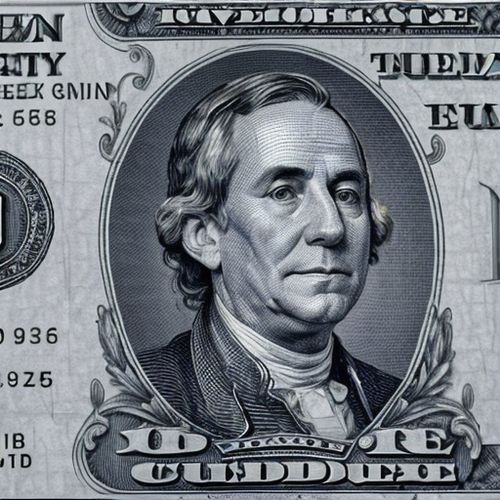
By Samuel Cooper/Apr 10, 2025

By Noah Bell/Apr 10, 2025
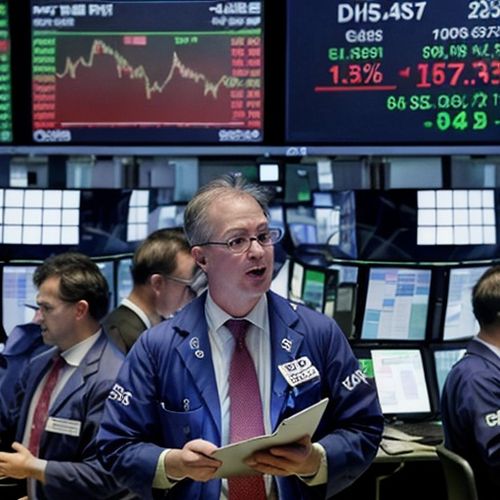
By Sarah Davis/Apr 10, 2025
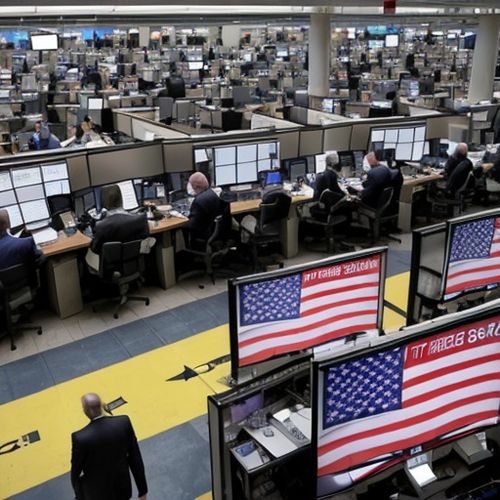
By Noah Bell/Apr 10, 2025
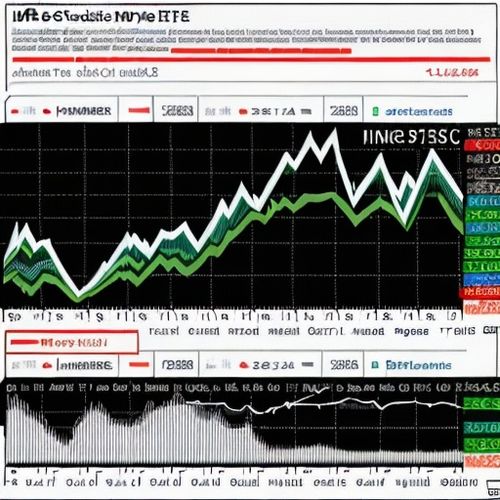
By Rebecca Stewart/Apr 10, 2025

By Lily Simpson/Apr 10, 2025
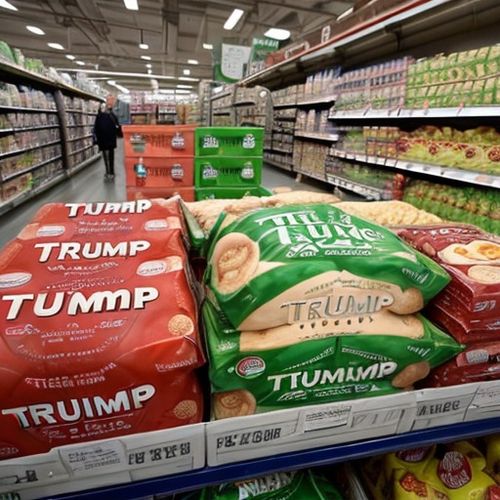
By Christopher Harris/Apr 10, 2025
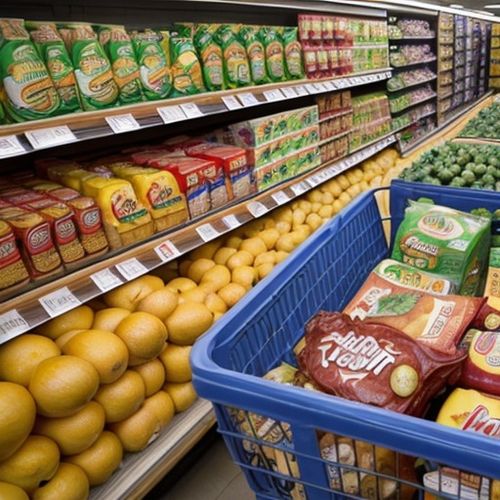
By Emma Thompson/Apr 10, 2025

By Olivia Reed/Apr 10, 2025
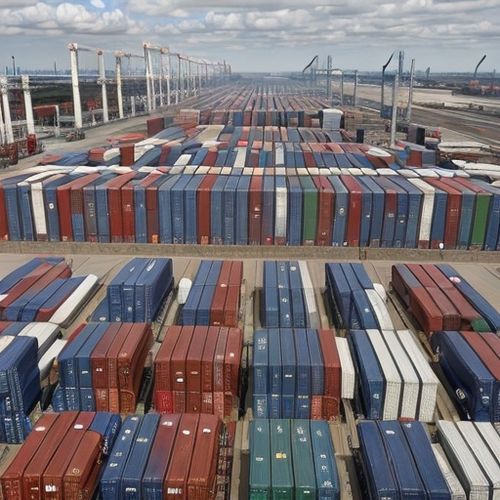
By Eric Ward/Apr 10, 2025
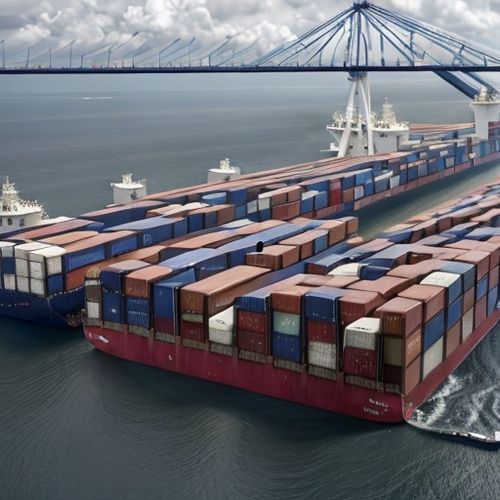
By Victoria Gonzalez/Apr 10, 2025

By Jessica Lee/Apr 10, 2025

By Sophia Lewis/Apr 10, 2025
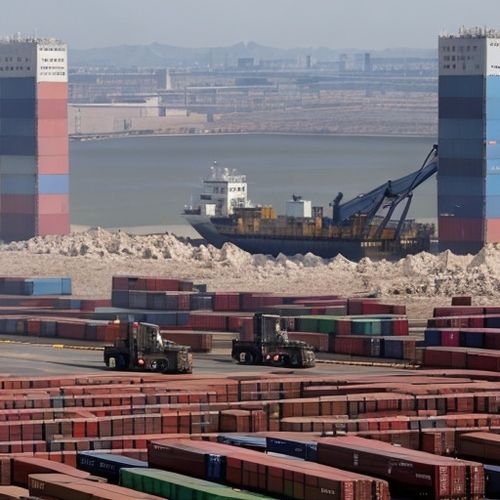
By Eric Ward/Apr 10, 2025
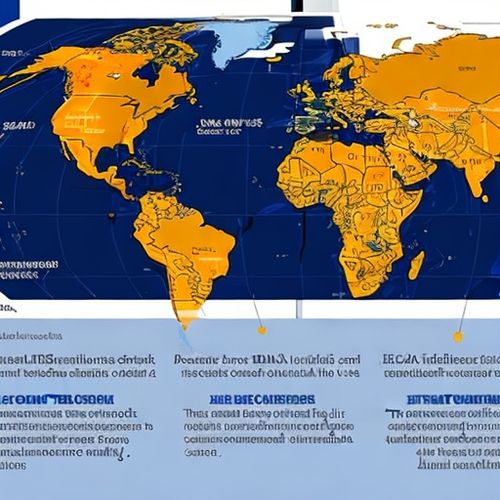
By William Miller/Apr 10, 2025

By James Moore/Apr 10, 2025